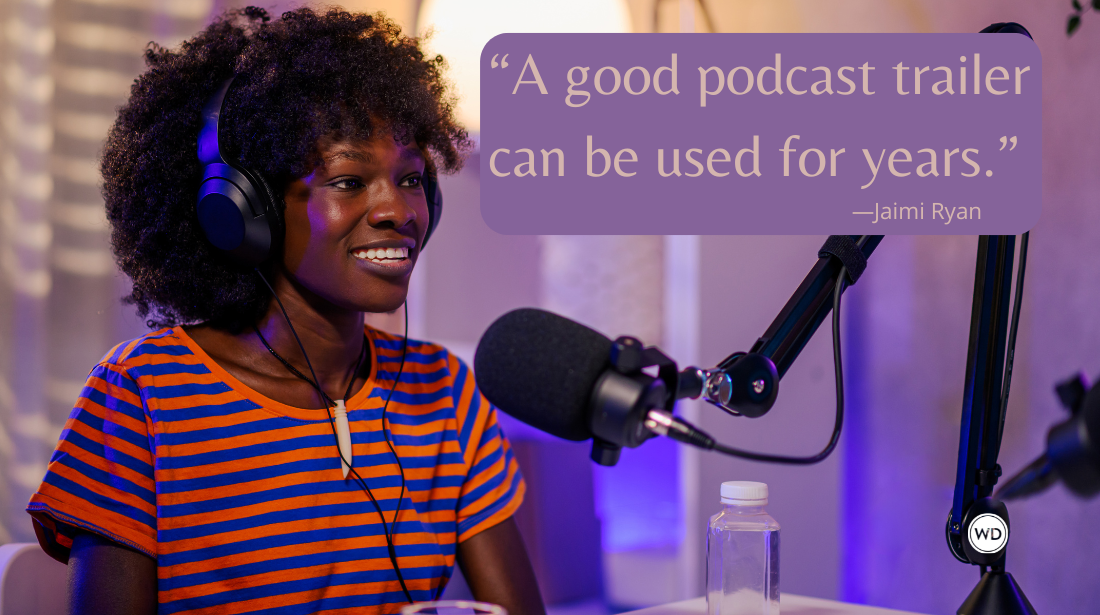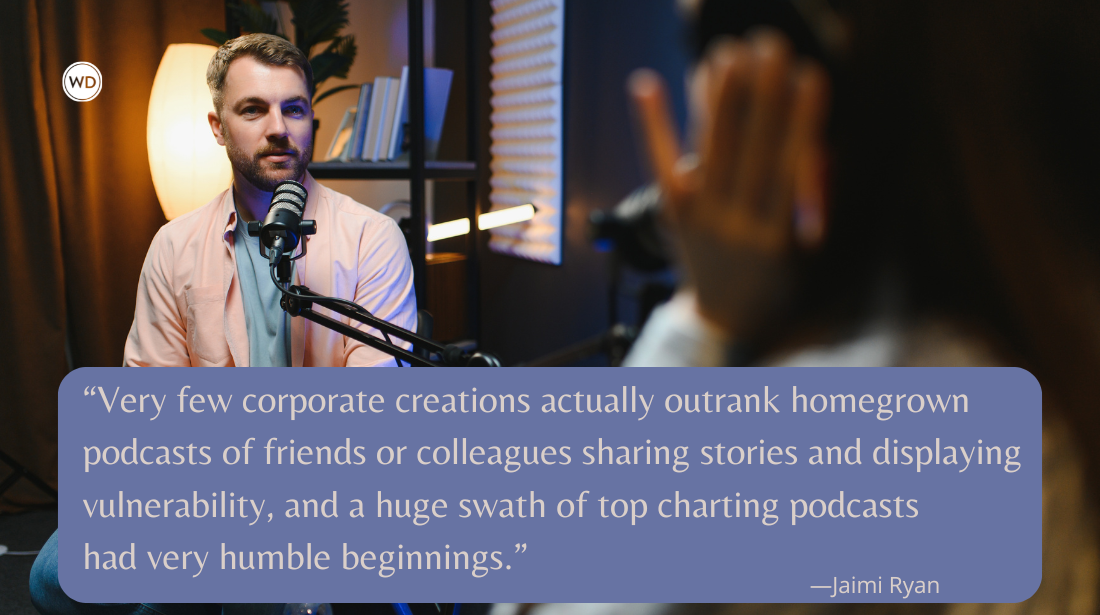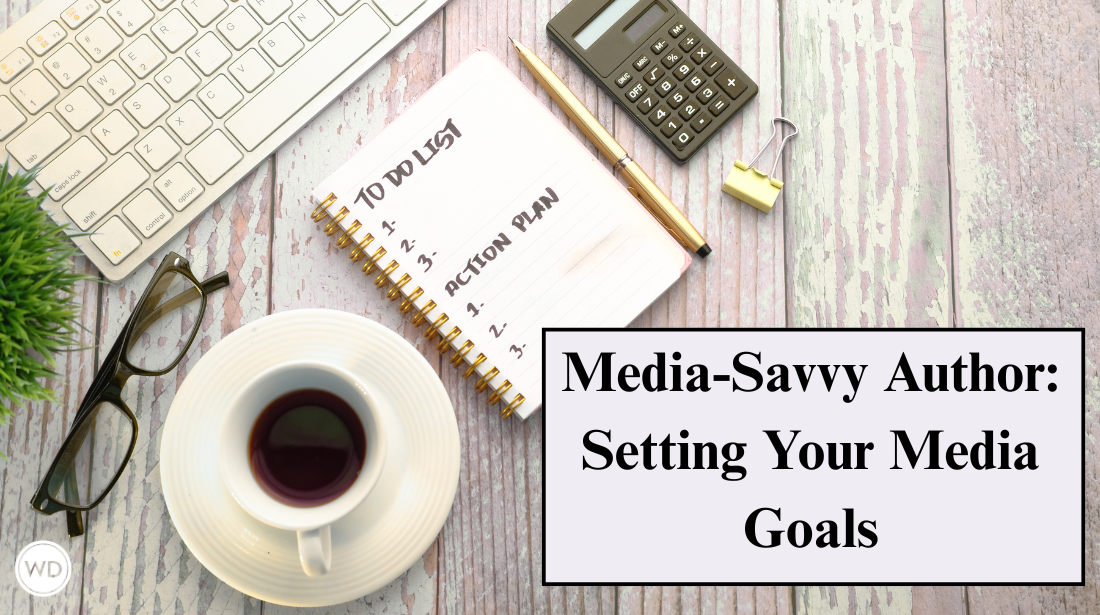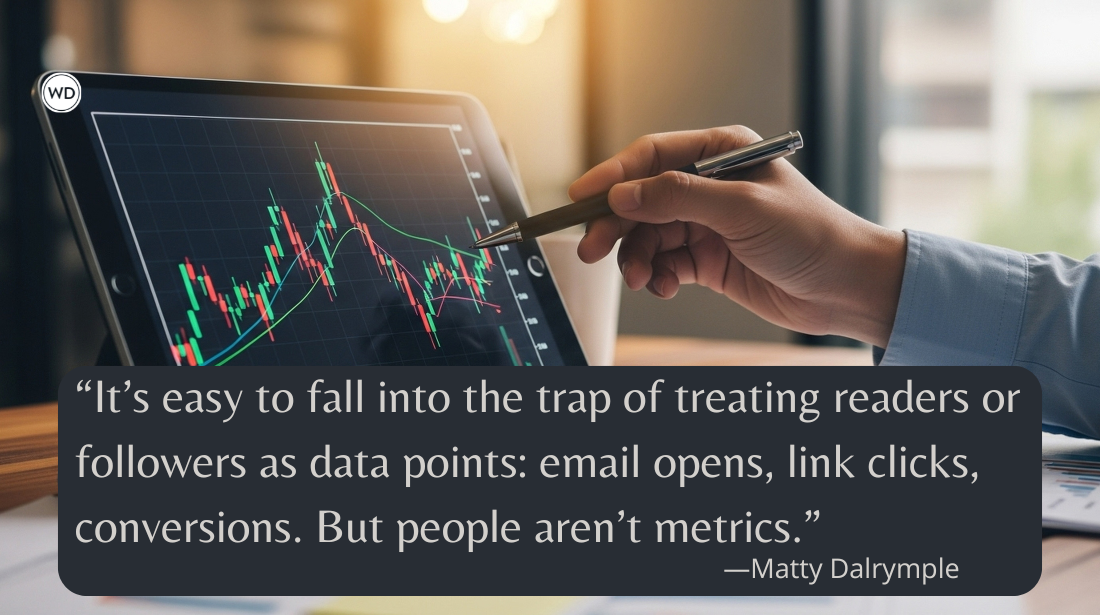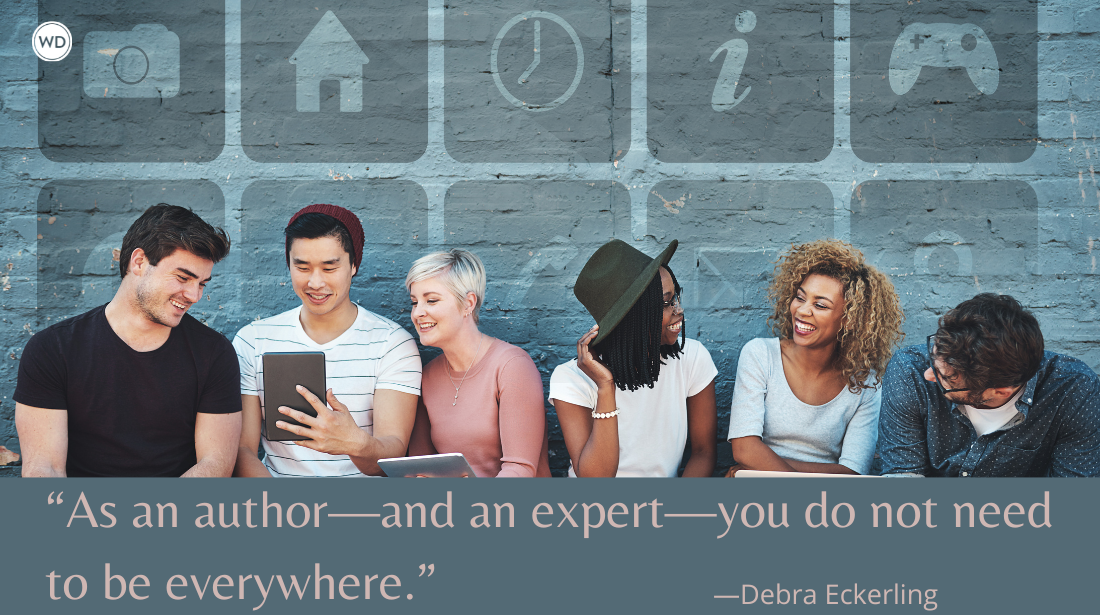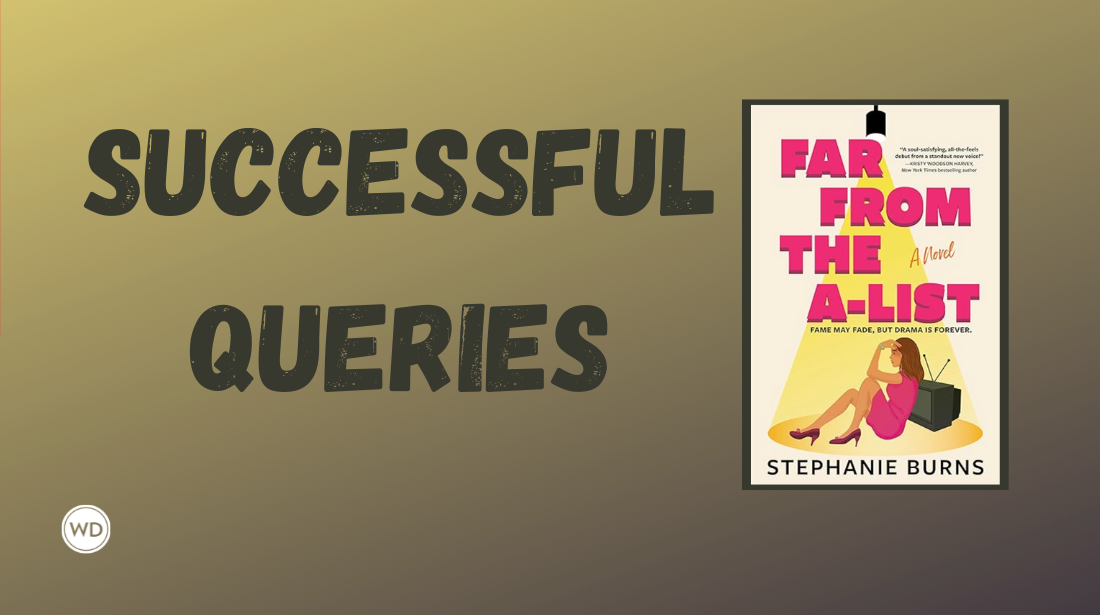Are You Annoyed When Told to Visit a Website (While Reading Print)?
I received my first piece of reader mail in response to my article “Straight Expectations” in WD’s March/April 2009 issue, which gives the official Writer’s Digest stance on whether or…
I received my first piece of reader mail in response to my article "Straight Expectations" in WD's March/April 2009 issue, which gives the official Writer's Digest stance on whether or not writers should self-publish. (The conclusion, of course, is that it depends on your goals and expectations from publishing.)
As part of our self-publishing feature package, we told readers they could find information on 60 self-publishing services at our site.
Leonard R. Cook from Goleta, California, sent me a snail-mail letter, saying:
ABC, and I suspect CBS and NBC, have a rather annoying ploy of, instead of telling it like it is, referring one to their website. Actually, the BBC also has one and I believe they began theirs because of the network news ploy. They thought they were missing out on something. So they don't tell the news story. They advertise the story and then presumably detail it on their website. I've never looked to find out.
In your article, you refer to 60 self-publishers on your website, where more information is just a click away. Why? Since you publish a magazine, why is "more information just a click away." Why isn't information "right here"? Does the information get contaminated if it's printed in your magazine? Do you get some kind of royalty if a reader puts down his magazine, goes over to his table, turns on his computer, searches for your website, and then scans the information? Or do two pages cost that much to print?
I don't know about you, but when I watch the TV newscasts, I don't surf the web at the same time. It could appear to be a case of laziness on my part, or on the other hand, what does it appear to be on your part? I've broached this question to several media persons with the same response, nothing!
This letter raises many issues I could address, but first I'll start with a direct answer to Leonard's question of why we didn't print this information in the magazine. There are two key reasons:
- We do have limited space in our print publication, and it is in fact expensive to add pages. Print is precious, and we felt we had better things to offer in print.
- We decided that information of this type is better delivered online, so you can click right through to any of these service's Web sites, or save the information on your computer for later access. This information is also likely to go out-of-date quickly, so having it online means we can revise it.
But there are also more wide-ranging reasons for magazines to direct people to their sites, and Leonard mentions one (the so-called royalty):
- Magazine readers who go online indicates a very engaged and involved readership, which is attractive to both print and online advertisers.
- Generating traffic on our website has many benefits (whether the traffic comes from print readers or online searchers); it helps us generate advertising revenue, and also brings us more readers in the long term (people who find our content online and decide they want the print product too)
- For regular readers of this blog, it goes without saying that print is endangered. Relying on print is a doomed business model, but it's not enough to simply mimic what you have in print in an online setting. They are two different mediums or vehicles. Each should be a distinct experience and not try to replicate the other.
That said, I am sympathetic to Leonard's complaint that lots of good content is being pushed online rather than presented in print. As a subscriber to about a dozen magazines, I do have a little inner cringe every time I start reading a print magazine and see plentiful references to great online exclusive interviews, videos, etc. I'm annoyed, but not so much because it exists—more because I don't have that much time. There's no way I'm going to cover everything. I have noticed, though, if I'm really interested in exploring a topic or piece further, I love it if a publication provides a way for me to go online and get more.
On a final note, there are definitely some generational differences at work here. For example, I don't own a TV today, but when I did, I would regularly be working on the laptop while watching news, entertainment, anything. I wonder what percentage of people today can still watch television while NOT Twittering, or surfing Facebook, or browsing sites.
I hope one day Leonard reads this response to his letter. He didn't include an e-mail address, only his phone number. I'm definitely not going to call, and blogging about his letter is a better use of time (a community opportunity that benefits many)—rather than responding to him alone. I have a feeling many of his questions would be answered if he experienced the manner of my response.
Jane Friedman is a full-time entrepreneur (since 2014) and has 20 years of experience in the publishing industry. She is the co-founder of The Hot Sheet, the essential publishing industry newsletter for authors, and is the former publisher of Writer’s Digest. In addition to being a columnist with Publishers Weekly and a professor with The Great Courses, Jane maintains an award-winning blog for writers at JaneFriedman.com. Jane’s newest book is The Business of Being a Writer (University of Chicago Press, 2018).




